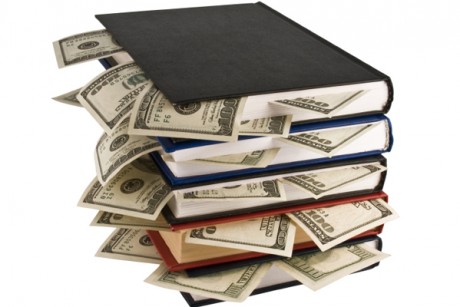The mystery to me is that I continued writing poetry long after there was any need for that. My early poems were embarrassingly bad, and the ones that came right after, not much better. I have known in my life a number of young poets with immense talent who gave up poetry even after being told they were geniuses. No one ever made that mistake with me, and yet I kept going.
via Why I Still Write Poetry by Charles Simic, The New York Review of Books.


